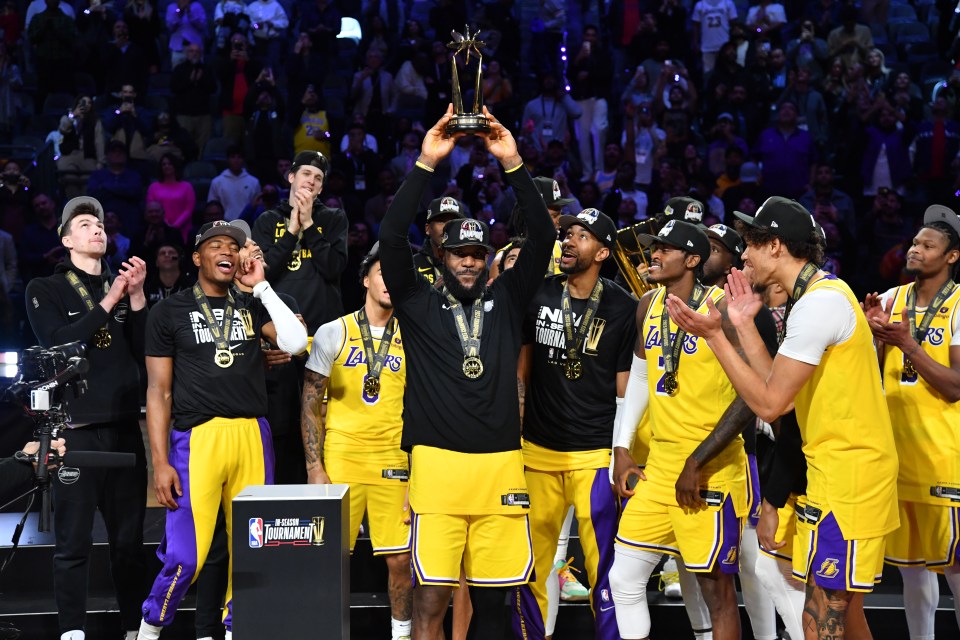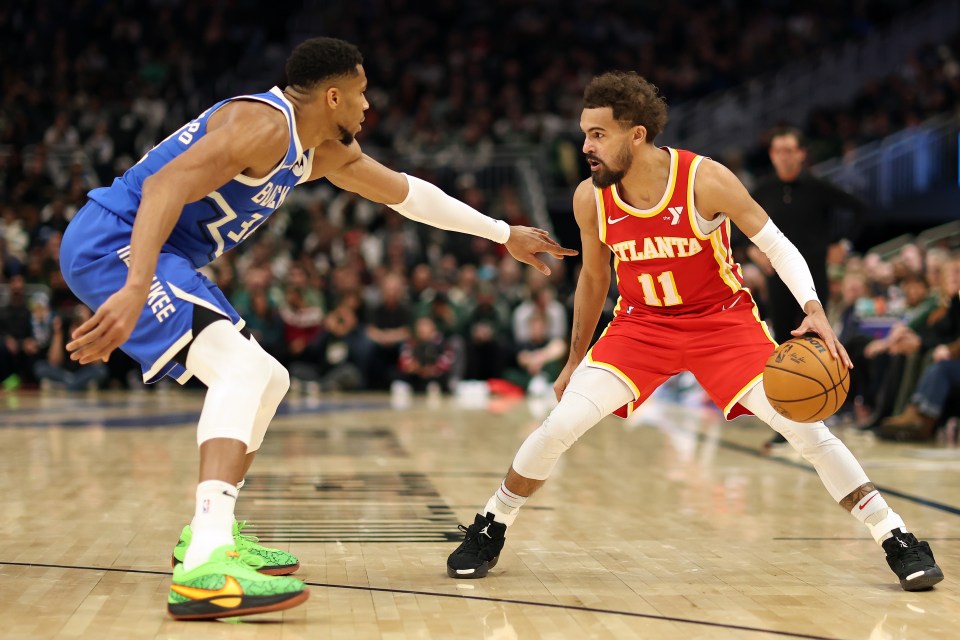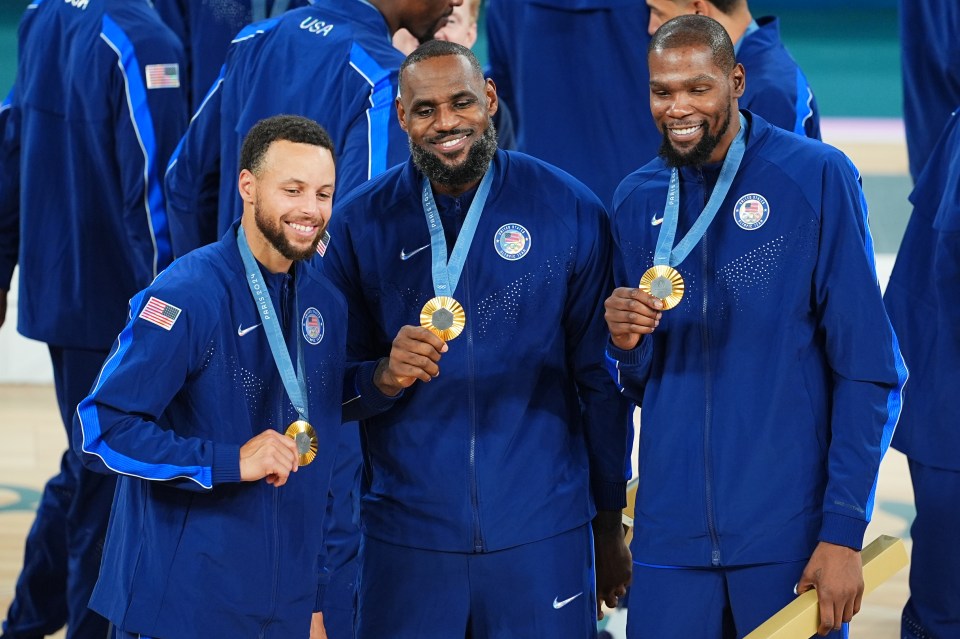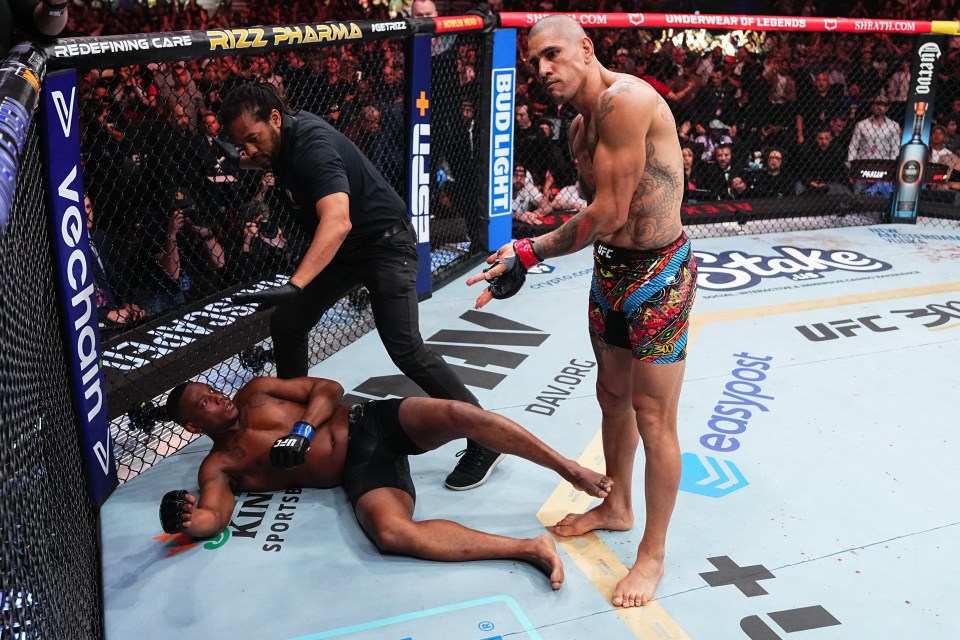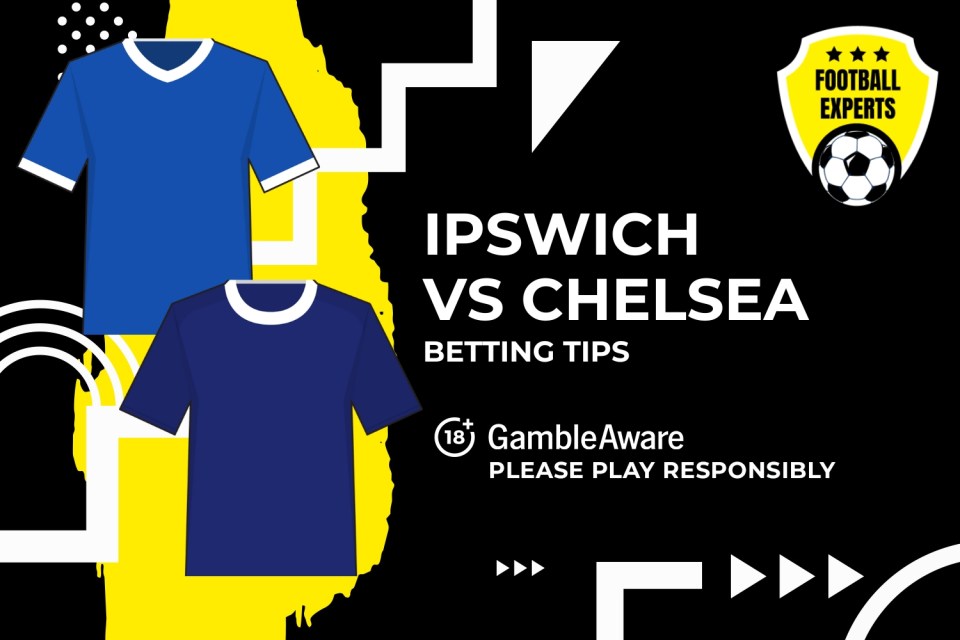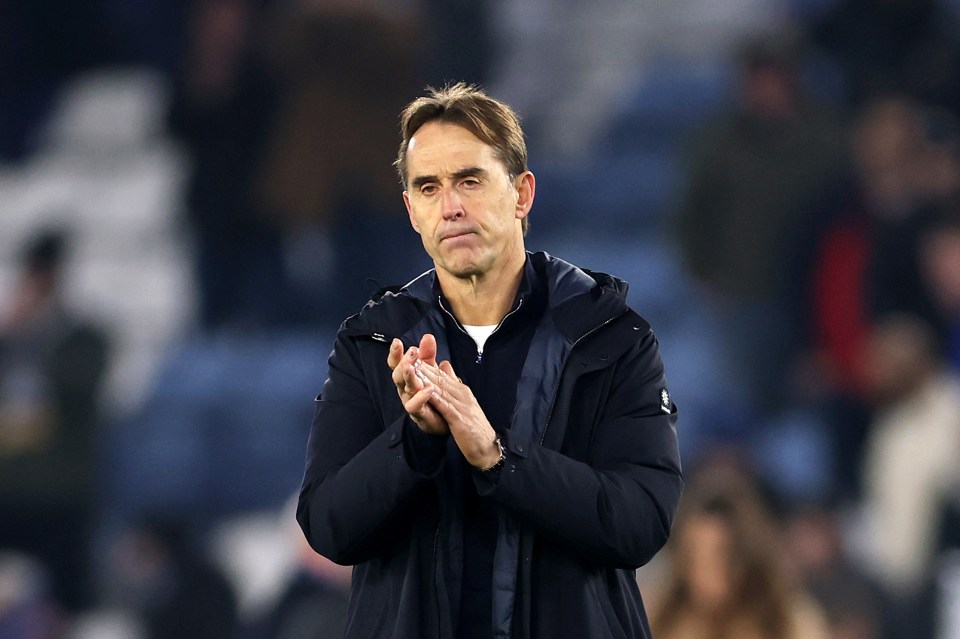The NBA had extremely high hopes for its In-Season Tournament.
The mid-season tourney was introduced for the first time last year in a bid to revitalize the regular season amid fan fatigue over the 82-game slog.
The Emirates NBA Cup, as it became known, was generally viewed as a success in its debut year.
The colorful, NBA2K-esque courts were a visual novelty that seemed to appeal to a younger generation of fan.
Cash incentives were implemented to force stars to take games more seriously in the hopes that playoff-style basketball in late and November and early December would see an increase in television viewers.
However, one year on from LeBron James and the Los Angeles Lakers lifting the trophy, interest is plummeting and so too are ticket prices.
Tickets for this week’s semi-finals, set to take place at the T-Mobile Arena in Las Vegas, are going for less than a price of a burger and a beer at most NBA arenas.
Attending the Bucks-Hawks semi will set fans back $29, while the Thunder-Rockets matchup is priced at $39.
Even tickets for Tuesday’s championship game, set to be contested by the winners of the Final Four bracket, are priced at a respectable $79.
NBA fans caught wind of the ticket prices and shared their thoughts about why the league is obviously struggling to get rid of them all.
“This is where the NBA has failed,” wrote one fan. “It markets six teams. Other than those teams they don’t care so the casual fan doesn’t know how good the other 24 teams are.
“The six teams they market are not even the best teams in the NBA either. The Lakers, Clippers, Knicks and Warriors have been mediocre the last five seasons. But we get two or three of those teams every national game night.”
“Here is the real problem. Flights from Atlanta to Vegas are $1K. The cup is a good tournament but it can’t be in Vegas,” another added.
“Nobody cares about a mid season tournament,” a third commented.
“If LeBron or Curry were playing there would be interest. Without a big name/team draw, this is going to be boring to watch.”
The apparent lack of interest in the NBA Cup is symptomatic of a wider issue the league has on its hands: declining viewership figures.
This season, viewership for the NBA Cup is down double digits (10 percent) from last year’s inaugural season. The tournament is averaging 1.5 million viewers on TNT and just 1.16 million viewers on ESPN.
Furthermore, viewership for the entire NBA is down around 48% since 2012 while NBA games on ESPN are down 28% from last season.
As Outkick reports, four of the five lowest-rated NBA Finals of the past 30 years have occurred in the past four years. (11.64 million viewers in 2024, 12.4 million viewers in 2022, 9.91 million viewers in 2021, 7.45 million viewers in 2020.)
This downward swing compares unfavourable to other sports which, in stark contrast to the NBA, are seeing a surge in interest.
Virtually ever other pro American sports league, including the NFL, MLB, and WNBA, are setting ratings records while the NBA struggles for eyeballs.
It’s a worrying trend, not just for the NBA, but for the likes of NBC, Disney, and Amazon, who have collectively forked out $76 billion as part of a landmark TV deal which will see them air all of the NBA’s nationally televised games over the next 11 years.
Amazon Prime Video should be particularly concerned about the waning interest in the NBA Cup — the streaming giant is poised to exclusively stream the event from 2025-2036.
The NBA evidently has a product issue on its hands, whether it wants to admit it or not.
Simply, fans aren’t engaging with the game like they once did.
There are all sorts of reasons for that; the prevalence of the 3-point shot (which seems to alienate basketball purists), overall lack of defense, slew of meaningless regular season games, and a tendency for superstars to ‘load manage’ have all created a sense of apathy around the biggest basketball league in the world.
The emergence of rival sports leagues, from the UFC to the WNBA and Premier League, are also stealing valuable — and lucrative — attention spans.
The issues are crystal clear.
Resolving them, unfortunately for the NBA, is not.
